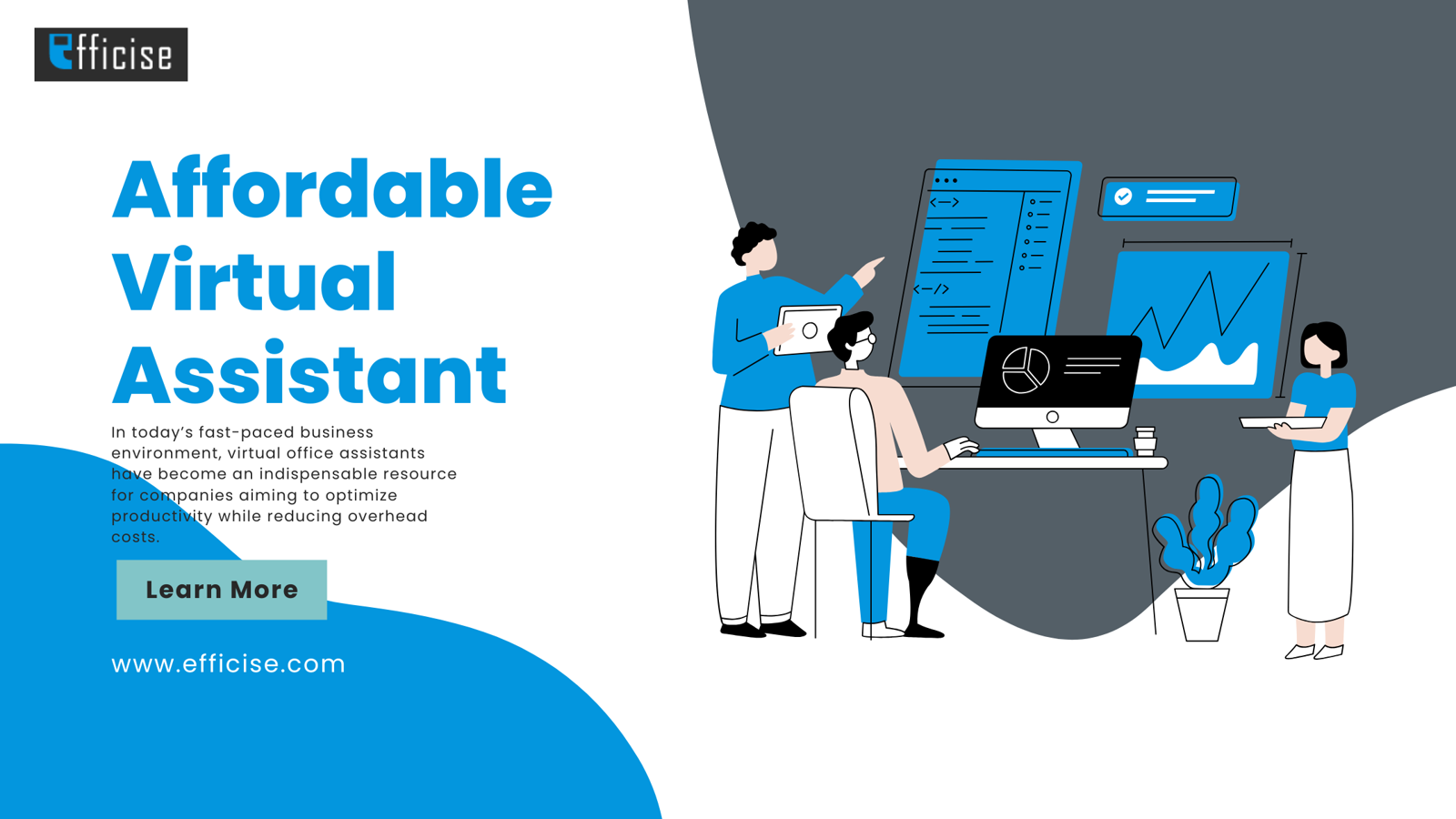
Introduction: Embracing the Future with a Virtual Assistant Office
In today’s fast-paced digital age, businesses are constantly seeking ways to increase efficiency, reduce costs, and stay competitive. One innovative solution gaining momentum is the virtual assistant office. This concept revolves around leveraging remote administrative support and digital tools to handle a wide array of business tasks. Whether you are a solopreneur, a startup founder, or part of a growing enterprise, a virtual assistant office can transform the way you operate, offering scalability, flexibility, and enhanced productivity without the overhead of a traditional workspace.
What is a Virtual Assistant Office?
A virtual assistant office is a digital workspace powered by remote professionals—commonly known as virtual assistants (VAs)—who provide administrative, technical, or creative assistance to clients from a remote location. These professionals can manage emails, schedule appointments, conduct market research, handle social media accounts, perform bookkeeping, and even provide customer service.
The office itself isn’t a physical location but a coordinated digital environment where these assistants collaborate with business owners using tools like Slack, Zoom, Trello, and cloud storage platforms. It mimics a traditional office setup while eliminating the need for physical presence.
Benefits of a Virtual Assistant Office
1. Cost Efficiency
Hiring full-time employees comes with significant overhead—salaries, benefits, office space, and equipment. With a virtual assistant office, businesses only pay for the work completed. This pay-as-you-go model is ideal for small businesses looking to stay lean and agile.
2. Access to Global Talent
A virtual assistant office isn’t limited by geography. Business owners can tap into a global pool of skilled professionals who bring diverse experience and knowledge. This opens up new opportunities for innovation and operational excellence.
3. Increased Productivity
Virtual assistants specialize in specific tasks, allowing them to perform duties more efficiently. Delegating time-consuming tasks to VAs enables business leaders to focus on strategic decisions and core business growth.
4. Scalability and Flexibility
A virtual setup allows you to scale your team up or down with ease. Whether you need one assistant or a full team, you can quickly adjust based on project demands and budget.
5. 24/7 Availability
With virtual assistants across different time zones, your business can function around the clock. This continuous workflow can significantly enhance customer service and reduce turnaround times for projects.
Key Services Offered in a Virtual Assistant Office
Virtual assistants can provide a wide array of services, tailored to the unique needs of your business. Some common offerings include:
Administrative Support: Calendar management, data entry, email correspondence.
Customer Service: Live chat, email support, and phone handling.
Digital Marketing: SEO, social media management, content creation.
Bookkeeping and Invoicing: Expense tracking, invoice generation, reconciliation.
Technical Assistance: Website maintenance, CRM management, IT troubleshooting.
Tools That Power a Virtual Assistant Office
A robust virtual assistant office relies on modern digital tools to ensure seamless communication and collaboration. Here are some essentials:
Communication: Slack, Microsoft Teams, Zoom.
Project Management: Asana, Trello, Monday.com.
File Sharing: Google Drive, Dropbox, OneDrive.
Time Management: Clockify, Toggl, Time Doctor.
Password Management: LastPass, 1Password.
These tools help maintain transparency, accountability, and productivity across distributed teams.
Setting Up a Virtual Assistant Office: Step-by-Step Guide
Creating an effective virtual assistant office involves strategic planning. Here's how to get started:
Define Your Needs: List out the tasks you want to delegate and the skills required.
Choose the Right Platform: Decide whether to hire freelancers directly or through an agency.
Onboard Your Assistants: Share your goals, tools, and communication protocols.
Establish Clear Communication Channels: Set expectations for meetings, updates, and reports.
Track Progress: Use project management tools to monitor task completion and performance.
Security and Data Protection in a Virtual Assistant Office
With remote work comes the responsibility of securing sensitive business data. It’s crucial to:
Use secure, encrypted communication channels.
Implement strict access controls and permissions.
Regularly back up important data.
Train virtual assistants in cybersecurity best practices.
Use NDAs and confidentiality agreements.
Taking these precautions ensures that your virtual assistant office operates safely and complies with data protection regulations.
Success Story: Efficise Technology's Transformation
Efficise Technology, a growing tech company, struggled with managing back-office operations while scaling their core services. By adopting a virtual assistant office model, they were able to delegate repetitive administrative tasks, streamline project coordination, and maintain a strong digital presence—all without increasing office space or overhead costs. This strategic move allowed their internal team to focus on innovation and customer engagement, ultimately accelerating business growth.
The Future of Work: Why Virtual Assistant Offices Are Here to Stay
As remote work becomes more normalized and technology continues to evolve, the demand for virtual assistant offices is expected to rise. Companies are recognizing the immense value in maintaining a lean, flexible, and digitally empowered workforce.
In addition, the gig economy and the rise of freelancing platforms make it easier than ever to find skilled professionals ready to contribute to your success. Businesses that embrace this shift early will be better positioned to adapt to market changes and thrive in a competitive landscape.
Conclusion: Reimagining Business Operations with a Virtual Assistant Office
The virtual assistant office is not just a trend—it's a transformative approach to how businesses function in the digital age. It empowers organizations to achieve more with less, tapping into global talent while reducing overhead. With strategic implementation, businesses can enjoy increased productivity, improved customer service, and a streamlined workflow. For companies like Efficise Technology, the shift to a virtual assistant office was a game-changer—and it can be for you too. Whether you're looking to scale operations or simply free up time for what matters most, embracing this modern model could be the smartest move you make.





Write a comment ...